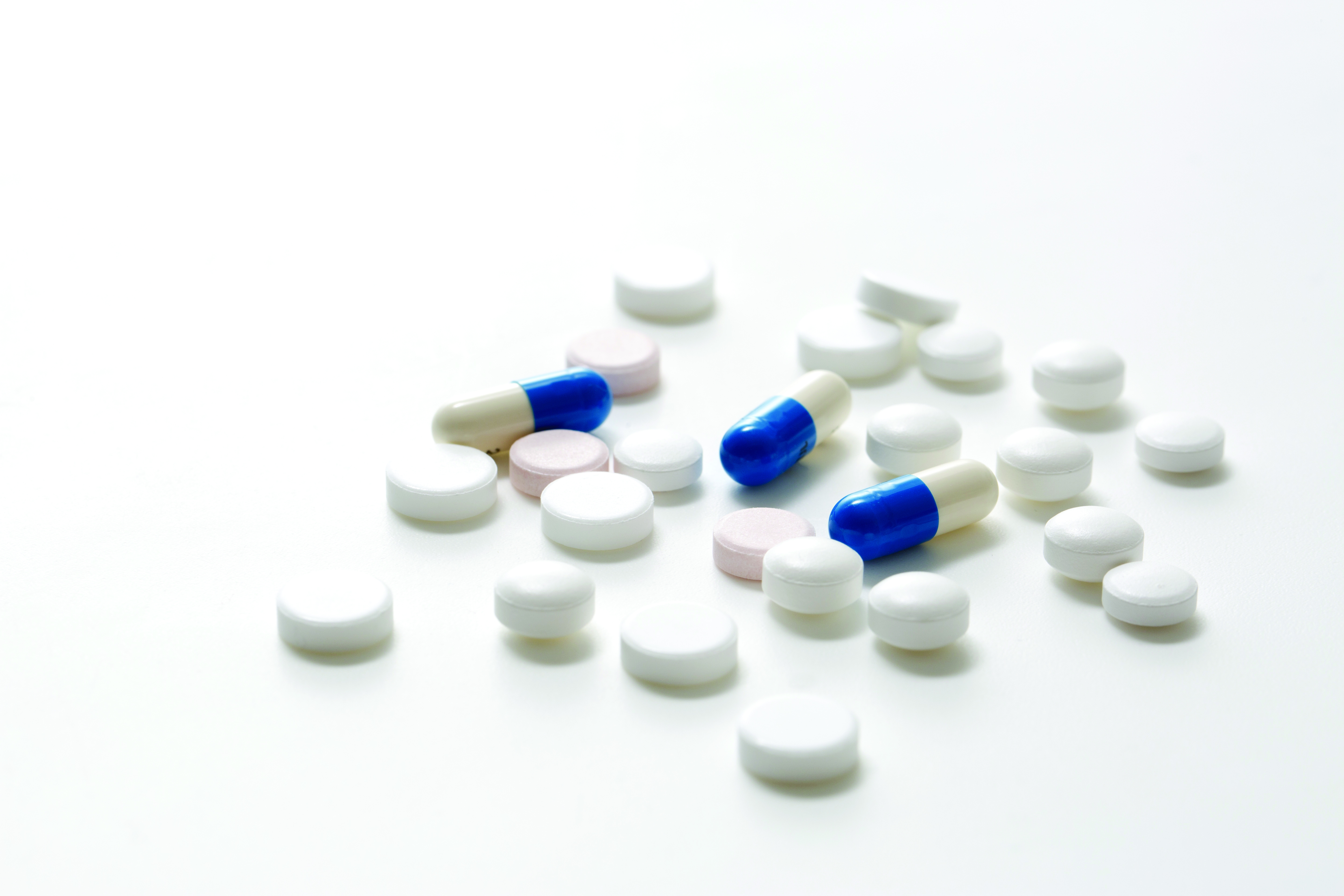Preparing for anaesthesia
How do I prepare for a procedure or examination that is conducted under anaesthesia?
The videos below will explain more about the best way to prepare for your anaesthetic.
Introduction
IntroductionDr Henk Vanoverschelde, department head of anaesthesia, gives a brief introduction on how the anaesthesia department operates.
Importance of fasting before receiving anaesthesia
Importance of fasting before receiving anaesthesiaThe anaesthetic (general and partial) procedure requires you to have an empty stomach. If your stomach is not sufficiently empty at the time of the anaesthesia, there is a significantly higher risk of airway inflammation or even pneumonia. This is because most forms of anaesthesia or severe pain relief suppress the swallowing reflex. This allows saliva or the stomach contents to enter the lungs through the trachea.
Type of food: Example: Allowed until at the latest: Normal meal midnight before the surgery or examination Light meal e.g. a sandwich or toast with jam. Deep-fried/fatty foods or meat are not included six hours prior to the procedure or examination Dairy products Milk, bottle-feeding for a child, yogurt... six hours prior to the procedure or exam Breastfeeding four hours prior to the procedure or examination Drinks As wished: water, sugar water, sports drinks, clear fruit juices without pulp (apple juice, grape juice)
Maximum a cup: clear tea and coffee without milk
.Recommended: continue to drink up to two hours before the procedure or examination
(Exceptions: gastrointestinal surgery. You should follow the instructions of your attending physician).
No milk products
Patients who continue to drink clear drinks up to two hours before the operation are less nauseous after the operation and will recover more easily.
Having an empty stomach during urgent operations?
If the surgery is urgent, the anaesthetist will put you under anaesthesia even if you are not on an empty stomach.
Do you have diabetes?
If so, your treatment will need to be adjusted. Contact your GP, your treating endocrinologist or the diabetes teambeforehand.
Dr Yann Vandormael, deputy department head of anaesthesia, explains more in the video below.
Home medication
Home medicationThere are a lot of misconceptions about whether or not to take home medication before receiving anaesthesia.
What to take...
Take your medication, puffs and aerosols at home at the usual time on the day of surgery. Moreover, drinking a small sip of water is not in contrast to being on an empty stomach. For many medications, it is very important that you take them on the day of surgery. Suddenly interrupting certain medication (e.g. for high blood pressure) can even have undesirable consequences.
What not to take?
Certain medications should be best stopped, however in consultation with your attending physician.
Always contact your GP or attending physician if you are taking any of these types of medication:
- anticoagulant medication (blood thinners)
- medication against diabetes
- diuretic medication

It is very important that the hospital physicians know exactly which medications you take at home. To do this, use the medication sheet in the welcome pack.
Click here to download the medication sheet.
Dr Linda Biesemans, deputy department head of anaesthesia, explains more in the video below.
Anaesthesia in children
Anaesthesia in childrenWe believe it is important to prepare children as well as possible for their procedure.
Click here for more info on anaesthesia in children.


